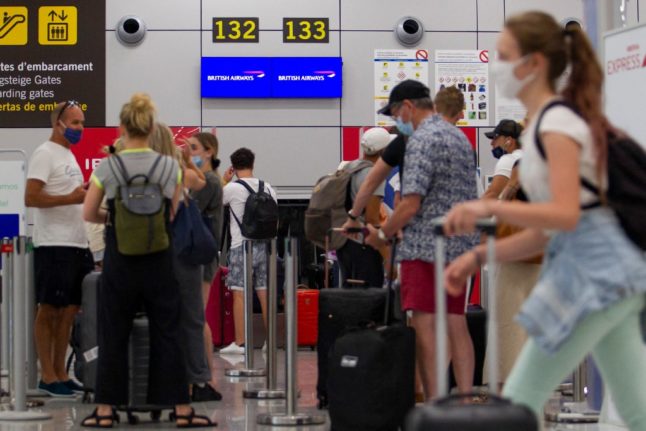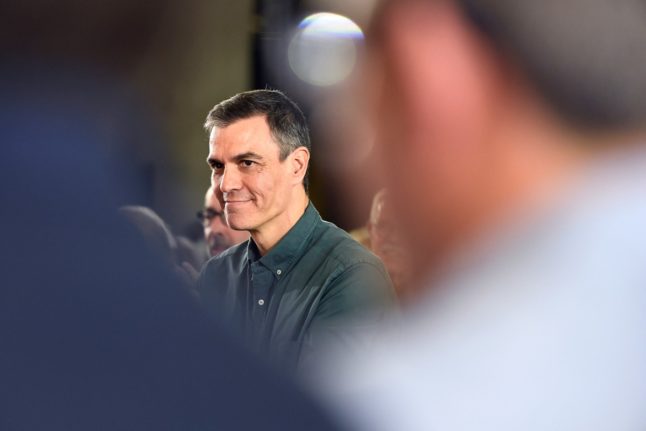Spanish Tourism Minister Reyes Maroto on Thursday May 19th confirmed that it won’t be long before unvaccinated non-EU/Schengen nationals will be allowed to travel to Spain for non-essential reasons such as tourism, visiting friends or family or spending time in a second home in Spain.
“It’s a matter of days before we eliminate a restriction that could be discouraging tourists from outside the European Union from visiting us,” Reyes told Spanish radio station Onda Cero.
“And that is that we are going to stop requiring the vaccination certificate and allow them to enter with a negative test”.
Maroto then stated that this would have to be a PDIA test, which in Spain refers to both PCR and antigen tests. If it’s a negative PCR or similar test (NAAT-type test) it must have been issued less than 72 hours prior to arrival in Spain, or if it’s a negative antigen test, less than 24 hours before arriving in Spain.
The surprise announcement comes just days after Spanish health authorities decided to extend the ban on non-essential travel for unvaccinated non-EU holidaymakers until June 15th.
Spain’s current Covid-19 travel restrictions only allow in third-country tourists such as Britons, Americans or Indians who have been fully vaccinated (including a booster shot if initial vaccination was more than nine months before travel) and those who have recovered from Covid-19 in the past six months.
But for practically the entirety of the pandemic, unvaccinated non-EU tourists have been unable to travel to Spain, with only exceptional reasons for travel allowed.
Reyes’ comments came about when asked by the Onda Cero interviewer when all of Spain’s Covid-19 travel restrictions will be lifted, as there are still other measures in places such as mask wearing on public transport (including planes) and proof of vaccination, testing or recovery.
“There’s a degree of safety with travel that we have to preserve. We’re still co-existing with the pandemic but that doesn’t mean that we haven’t been gradually lifting restrictions,” Maroto argued.
The minister spoke of allowing unvaccinated non-EU holidaymakers in soon as being another way of boosting the country’s recovering tourism industry, adding that her ministry was putting the finishing touches to the legislation, which will be approved in the coming days.
A number of EU/Schengen countries have already lifted all their Covid-19 travel restrictions, including Greece and Austria most recently, as well as Bulgaria, Czech Republic, Denmark, Hungary, Iceland, Ireland, Latvia, Lithuania, Norway, Poland, Romania, Slovenia, Sweden and Switzerland.
Other countries such as France and Italy, Spain’s competitors in the tourism stakes, have also already allowed unvaccinated third-country tourists in with proof of a negative Covid-19 test for more than a month now.



 Please whitelist us to continue reading.
Please whitelist us to continue reading.
Member comments